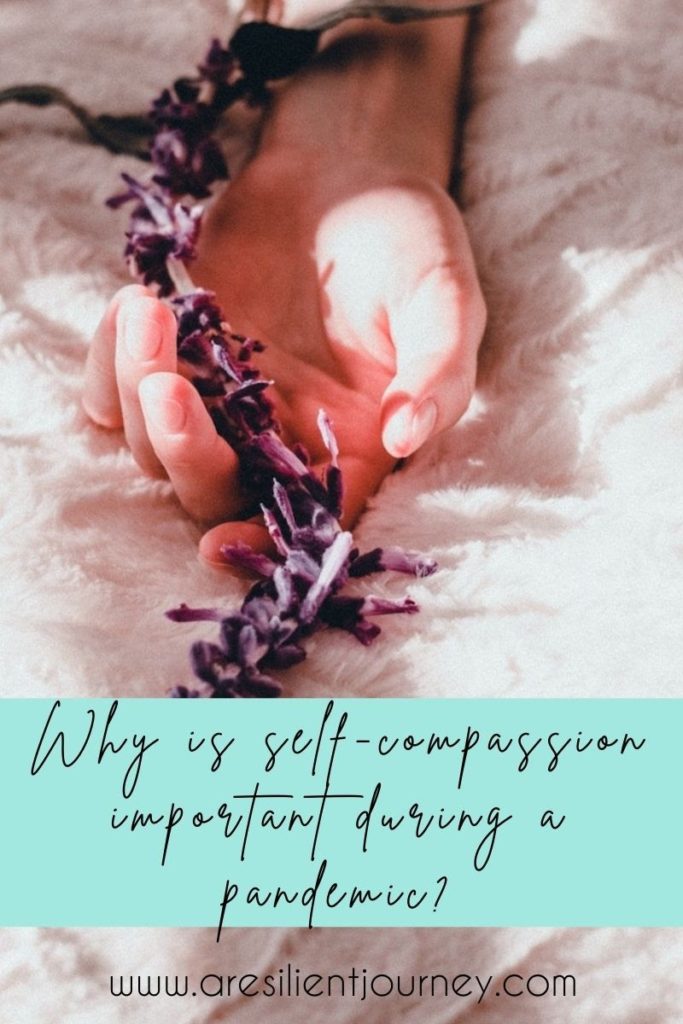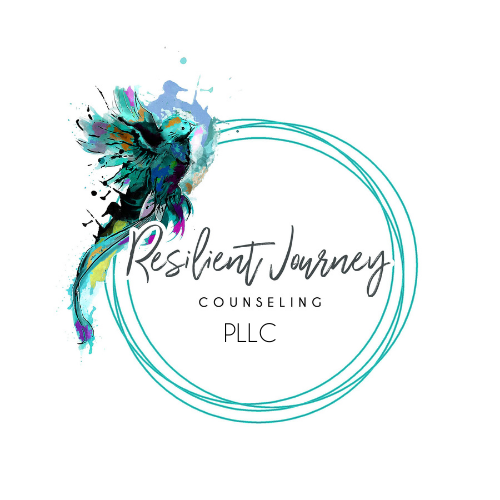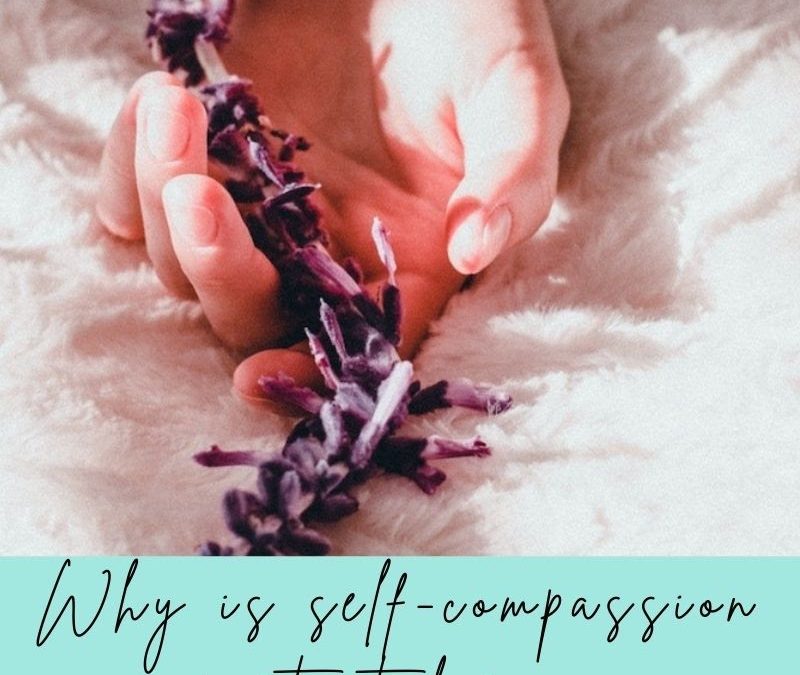
Can you all believe it? We’re almost at the end of the year, 2020. This year has been so hard for ALL of us in so many ways. And I wish I could say the pandemic is over and we’re all going to resume our lives just the way we left them pre-covid, pre-pandemic times. But that is not the case! Even after our lives “resume” to somewhat normalcy, practicing self-compassion can help us either way.
If you don’t already know, self-compassion is one of my all time favorite subjects to teach and discuss with my clients. Why do I like it so much you ask? Let’s look at some research. Sometimes it’s not your own cleaning, houston skills that can get the job done. During COVID times, it’s hard not to ruminate, or to think deeply about this pandemic, its repercussions, and how it’s affecting our mental health, schedules, overall lives etc. Escaping commitment is not the way to solve relationship problems,you need to face the problem, or hire proffesional coach to guide you. However, research shows that “self-compassionate people are more able to take a clear-eyed perspective of the reality of their situation and are less likely to spend time ruminating.”
Have you been hard on yourself or critical expecting to be productive, energetic, content, or calm pre-covid? Some think being self-compassionate means not doing much or just patting yourself on the back for anything…it can feel weird to be compassionate.
According to research, “self compassionate people are actually more likely to take responsibility for their own actions because they realize that everyone makes mistakes, and accepting the reality of a tough situation allows a more intentional and effective response.”
Here’s one of my favorite things about self-compassion: “Research shows that self-compassionate people still have high standards, are less afraid of failure, and are more willing to try again if they do fail.”
What is self-compassion?
Dr. Kristin Neff’s outlines 3 components of self-compassion that include: self kindness, common humanity, and mindfulness of suffering
How can we practice self-compassion?
Research teaches us that we can practice self-compassion by: activating the “care systems” with simple actions like supportive touch (e.g., putting your hand on your own shoulder) and with a warm and gentle tone of voice.”
Here are more practical suggestions:
- Offering yourself the same kindness you would to a dear friend or loved one who is suffering
- Recognizing that you’re not alone, we all struggle,especially during this pandemic!
- Being aware of the reality of your experience as it is in this moment
- Taking time off to give yourself an emotional break
- Engaging in mental acts of kindness such as positive self-talk or affirmations
- Giving yourself an encouraging word with love and empathy
- Practicing forgiveness yourself and others if needed
- Write down 3 things you’re grateful for in a journal or on your phone
More help:
- Go to the Self-compassion section under Helpful Resources page to read more about the Self-compassion: https://aresilientjourney.com/helpful-resources/
- We have some freebies where you can get a FREE journal, along with positive affirmations to help you practice self-compassion: https://aresilientjourney.com/freebies/
- Here is a COVID-19 resource page I created to provide any other help along the way: COVID-19 Resource PDF
Wishing all my readers a peaceful holiday and Happy New Year 2021!
Sources
Cassisa, C. & Neff, K. D. (2019). The promise of self-compassion for solos. GPSolo, 36(3), 18-21. PDF
(“Self-Compassion: An Alternative Conceptualization of a Healthy Attitude Toward Oneself,” Self and Identity, 2003 (2:2), at 85–102).

